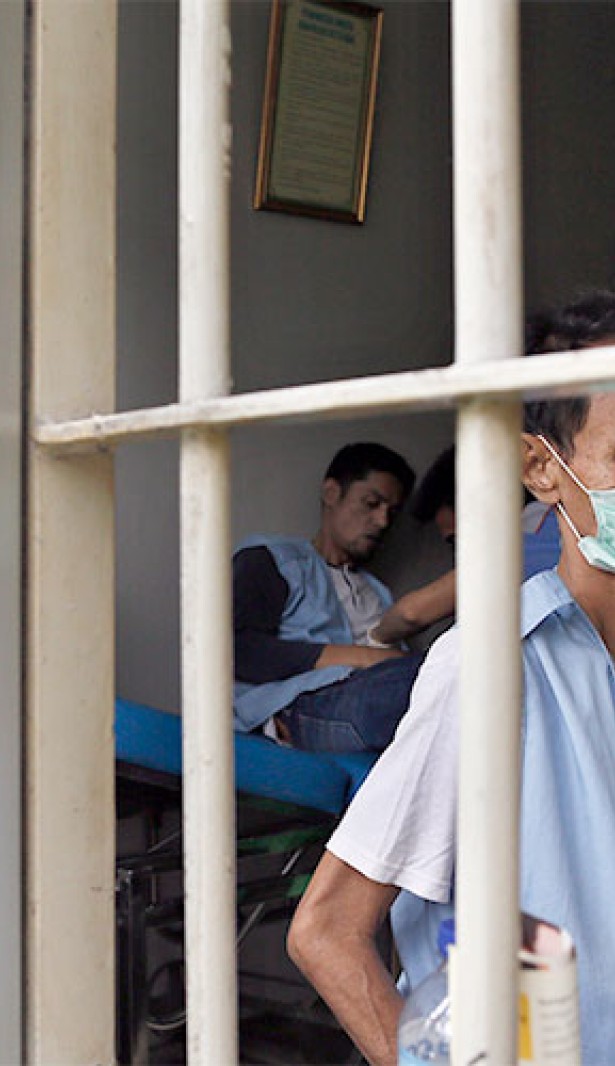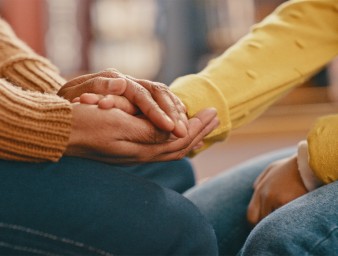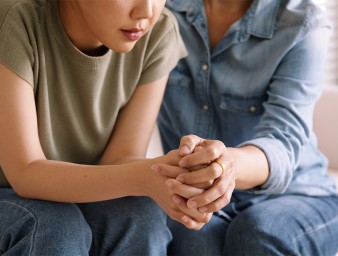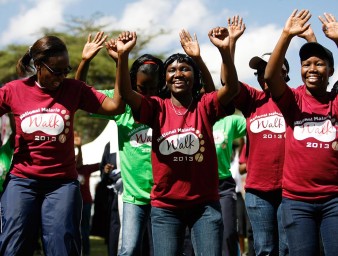What to know about detention and the right to health
28 June 2018
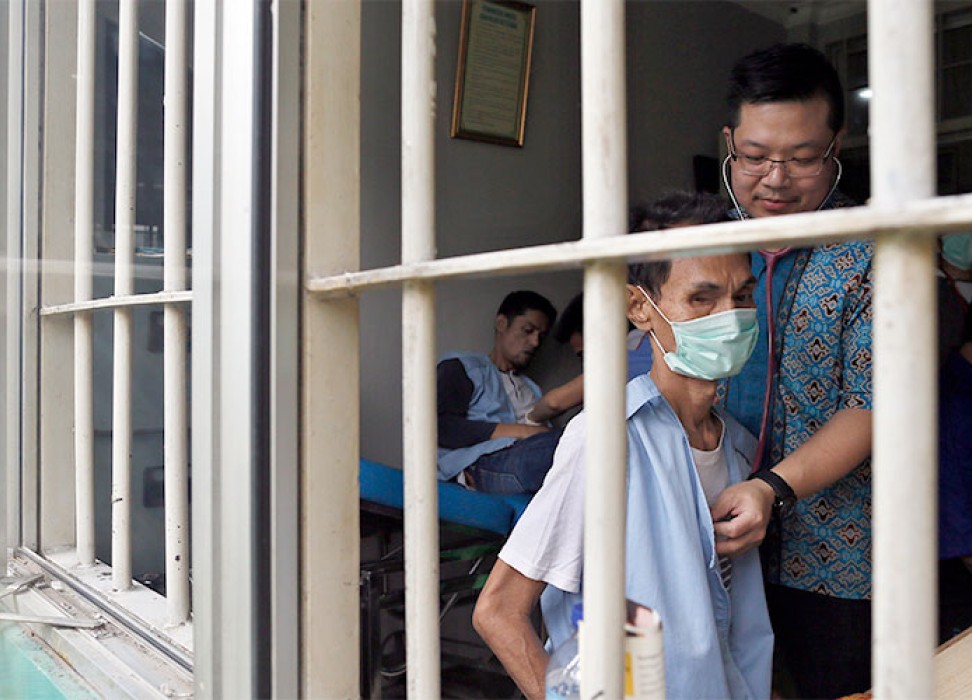
“Confinement for minor offences has increased and punitive responses are applied disproportionately to address complex and unique social challenges, including violence and radical extremism among young people,” said Dainius Pūras, UN expert on the right to health. “Similarly, the warehousing of refugees and migrants seeking safety and protection remains a critical and under-attended challenge.”
Pūras was presenting his latest report to the Human Rights Council on how detention in prisons and other penal institutions, and confinement in medicalised institutions can hinder individuals’ right to the highest attainable standard of physical and mental health.
For Pūras mental health issues and deprivation of liberty are deeply connected. He points out that the rates of poor mental health in prisons exceed those of the general population. He also indicates that the suicide rates in the prison system are at least three times higher compared to the general population.
There is growing consensus that people in conflict with the law who have mental health conditions should not be incarcerated. However, the alternative has been forcedly confining people in mental health facilities, sometimes for indefinite periods.
“Current places of confinement are simply not conducive for psycho-social healing or for effective therapeutic relationships, let alone treatment,” Pūras said. “They are not a place for people identified as having serious mental health issues. Yet, the common profile of a person incarcerated is an individual struggling with serious mental health difficulties.”
At least one million children are thought to also be deprived of their liberty around the world. “The act of detaining children is a form of violence,” pointed out Pūras.
Most of these children are incarcerated for behaviours linked to poverty and discrimination. Penal institutions are also used to administratively detain children for political offences and national security. Further, prison is one of several forms of immigration detention used around the world.
The cycle can start from an early age: some children are either born in captivity or detained because of their mothers’ incarceration. Those with disabilities are more likely to be held in large-scale medical and social institutions, and grow up in these institutions until they are moved into institutions for adults.
In adolescence, solitary confinement, humiliation and daily deprivations are used to reform violent children. However, these strategies often force adolescents to develop coping mechanisms by using violence against themselves and others. The punitive response to their violent behaviour affects their health, and cognitive and emotional development at a critical period of their lives.
“We must seriously continue discussions around the abolition of detention for children and start working on the full elimination of institutional care of children under age five,” Pūras said.
Although the mothers that give birth in prison and the other women incarcerated comprise only seven percent of the 10 million global prison population, their numbers are increasing at a higher rate than incarcerated men.
The incarceration of women is often linked to their experiences of discrimination, harmful gender stereotypes, and sexual, physical and emotional abuse.
In States where abortion is illegal, women may face imprisonment for seeking an abortion or emergency services related to complications during their pregnancy, including those due to miscarriages.
“In some countries, pregnant women who use drugs, including legally prescribed drugs, face civil or criminal detention, and in others, women are imprisoned for “moral crimes”, such as adultery or extramarital relationships or to protect them from “honour crimes,” the expert said. “Legal restrictions to accessing sexual and reproductive health goods, services and information also lead to women’s imprisonment.”
For Pūras, their gendered experience of violence continues in the penal system with the influence of “patriarchal and hyper-masculinist constructions of punishment and control.”
Women specific healthcare needs, such as those linked to menstruation, pregnancy and childbirth, menopause and sexual and reproductive health, are often neglected in prison. The mistreatment of women during childbirth has even been reported in prisons and immigration detention centres.
“Punishment by closed confinement and disciplinary segregation should not be applied to pregnant women, women with infants and breastfeeding mothers,” Pūras stressed.
In his report, Pūras urges States to move away from detention as a default tool of social control in the name of public safety, “morals” and even public health. He calls on States to adopt the UN Standard Minimum Rules for the Treatment of Prisoners (the Mandela Rules), which include provisions on the responsibility of States regarding health care for prisoners.
“The right to health is a powerful tool that can help us illuminate the injustice, indignity, and broken nature of our systems of confining people. It shows that the long arm of incarceration reaches far beyond the locked cells and wards and into communities,” the expert said.
28 June 2018
